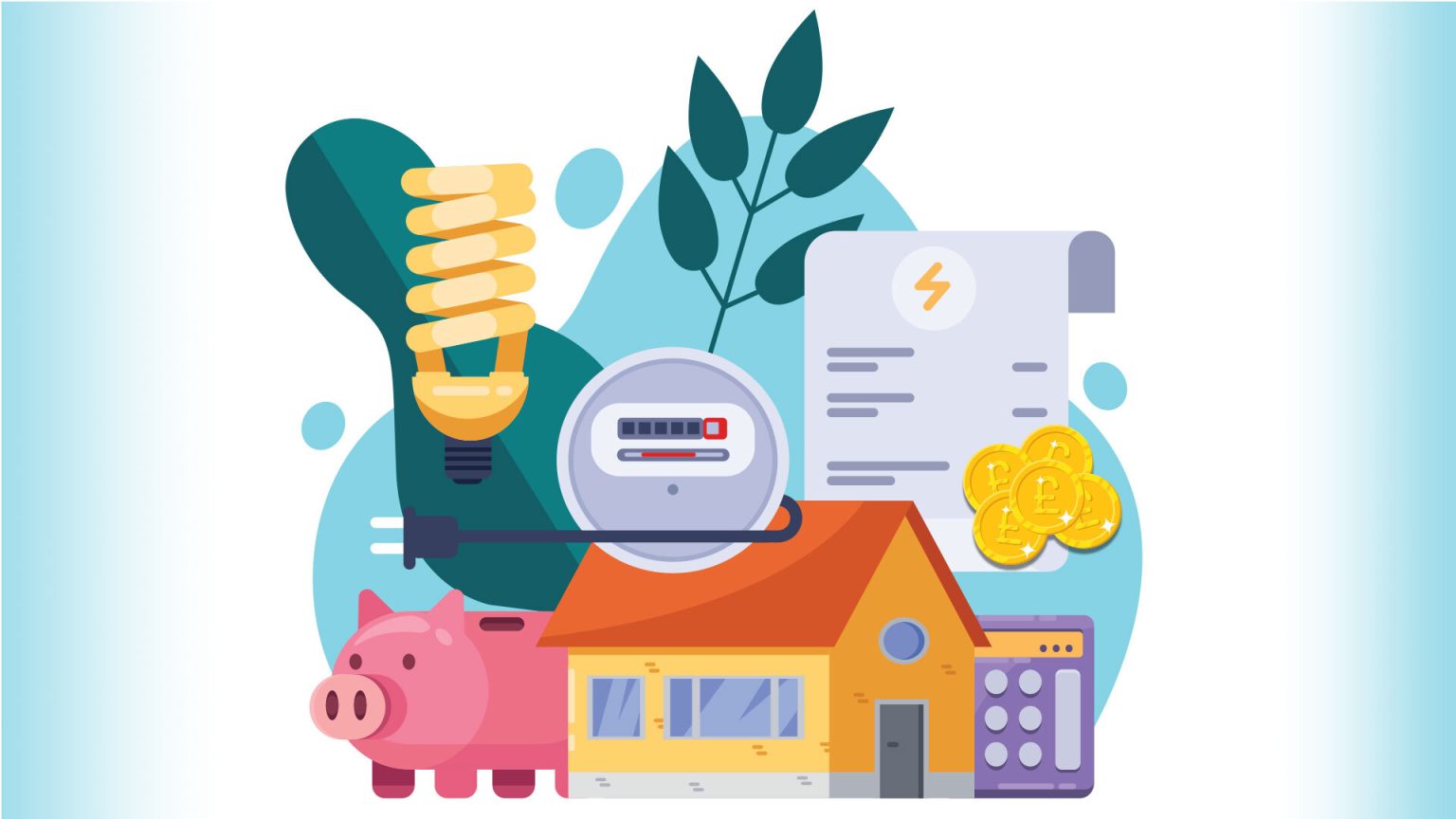Millions of UK energy customers face an impending price cap increase, effective January 1st. Ofgem, the energy regulator, will raise the cap from £1,717 to £1,738 annually, impacting approximately 26 million households on standard variable tariffs (SVTs). It’s crucial to understand that the price cap doesn’t limit the total energy bill but rather the price per kilowatt-hour (kWh) for gas and electricity. Consequently, higher energy consumption results in a larger bill. However, consumers can mitigate this increase by switching to fixed-rate energy deals, many of which offer lower rates than SVTs, potentially saving households significant amounts. Switching is a simple process, often achievable in minutes, and provides price stability against future price cap hikes.
Fixed-rate energy deals offer price predictability for a specific contract period, typically 12 to 24 months. This shields customers from potential price increases during the contract term. Unlike SVTs, which fluctuate with the Ofgem price cap every three months, fixed deals maintain a consistent rate. While fixed deals provide stability, they carry a slight risk. If Ofgem lowers the price cap during the fixed contract period, customers on a fixed deal might end up paying more than those on SVTs. Therefore, comparing current fixed deals with the projected SVT rates is essential before making a switch. Several providers, including Outfox the Market and E.ON Next, currently offer competitive 12-month fixed deals significantly under the impending price cap, potentially saving households hundreds of pounds annually.
Choosing the most suitable energy deal involves careful research and comparison. Price comparison websites, such as Uswitch and MoneySavingExpert’s Cheap Energy Club, provide a comprehensive overview of available deals based on postcode and energy consumption. These platforms facilitate quick and easy comparisons of rates, contract lengths, and additional features. Directly checking individual energy supplier websites is also recommended, as they might offer exclusive deals not listed on comparison sites. Thoroughly reading the small print of any deal is vital to avoid hidden costs or unnecessary add-on services, like boiler cover, that can inflate the overall cost. Considering customer service reviews and the supplier’s reputation can also contribute to a more informed decision.
For those hesitant about long-term fixed contracts, flexible tariffs offer an alternative. These tariffs, typically set at or below the price cap, provide more flexibility while still offering potential savings. E.ON Next’s Pledge variable tariff and EDF Energy’s Ensure Tracker are examples of flexible tariffs offering discounts on the price cap rates or standing charges. These options offer moderate savings with the flexibility to switch without incurring high exit fees. For customers comfortable with fluctuating prices and equipped with smart meters, tracker tariffs like Octopus Energy’s Tracker and Agile Octopus tariffs offer dynamic pricing linked to wholesale energy costs. These tariffs can offer significant savings when wholesale prices are low but can also lead to higher costs if prices rise.
A range of support measures are available for households struggling with energy bills. Customers facing debt can contact their supplier to arrange a manageable repayment plan, avoiding the undesirable outcome of being switched to a prepayment meter. Negotiating affordable repayment terms is crucial. Many energy companies also offer grants and support schemes to vulnerable customers based on individual circumstances. British Gas, EDF, E.ON, Octopus Energy, and Scottish Power are among the providers offering financial assistance to eligible customers. These grants can significantly alleviate financial strain and provide much-needed relief.
The Priority Services Register (PSR) offers additional support and protection for vulnerable households, including the elderly and those with illnesses. Benefits include advance notice of power outages, free gas safety checks, and tailored support during challenging times. Contacting your energy supplier is the first step to determine eligibility and register for the PSR. This free service ensures vulnerable households receive the necessary assistance and protection. Taking proactive steps to explore available options, from switching tariffs to accessing support schemes, can empower consumers to manage their energy costs effectively.


